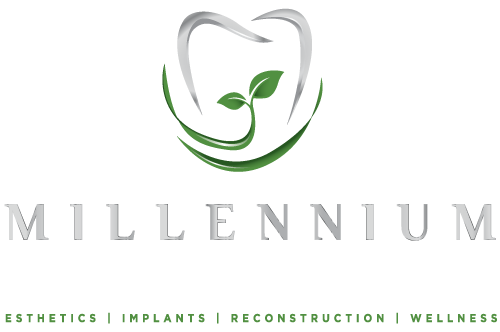


If you have one or more missing teeth, you’re not alone. According to the American Dental Association, the average adult aged 20 and 64 in the U.S. has three or more decayed or missing teeth. Missing teeth can be caused by trauma, tooth decay, gum disease, or poor nutrition. Losing a tooth can affect you emotionally, causing self-consciousness about talking, laughing, and socializing. In addition, studies show a link between missing teeth and mental health (e.g. anxiety and depression). Physical consequences include loss of bone and shifting of surrounding teeth, decay in surrounding teeth, gum infection, bite misalignment, difficulty eating and speaking, and premature changes to facial structure. The team at Millennium Periodontics have extensive experience placing dental implants in Chicago, IL, leveraging bone and soft tissue training, advanced technology, and high-quality materials to ensure optimal results. From single implants to complete reconstruction with full arch dental implants, our periodontists are dedicated to helping patients achieve healthy smiles through extraordinary care, from your first consultation to final restoration.
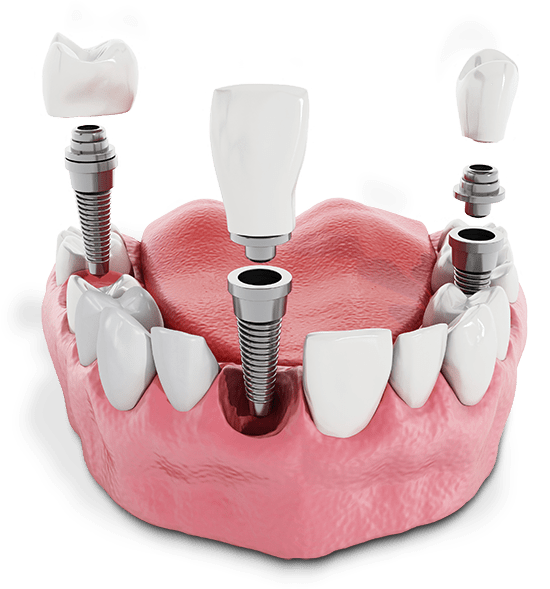

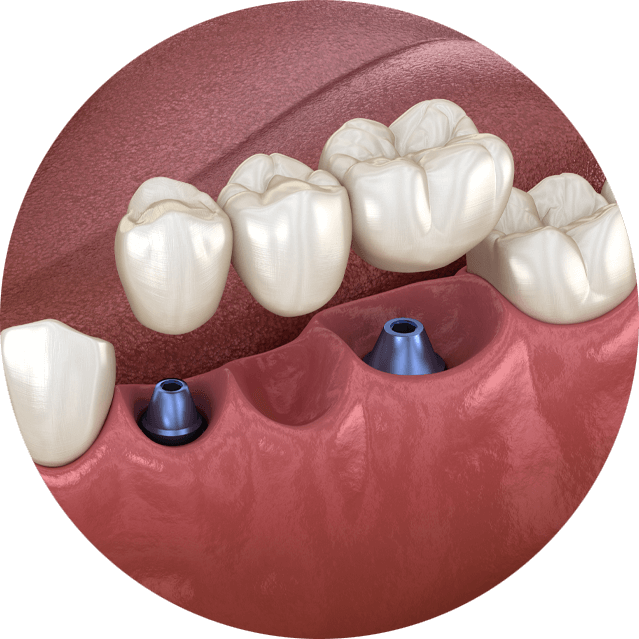
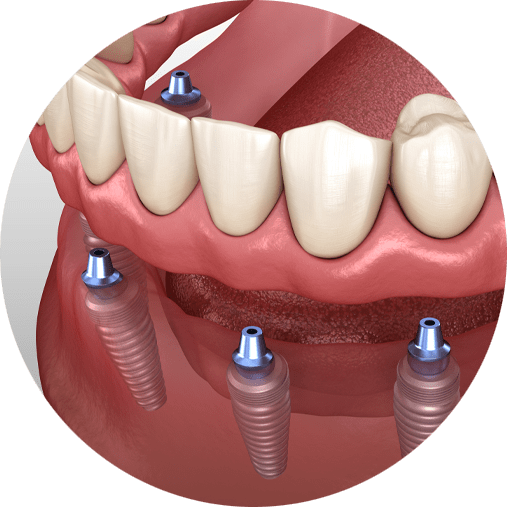
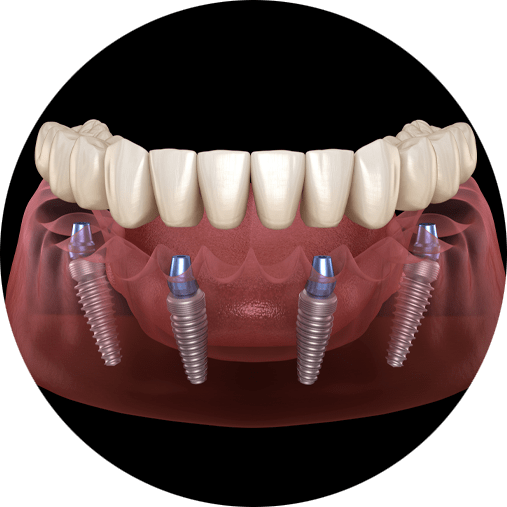
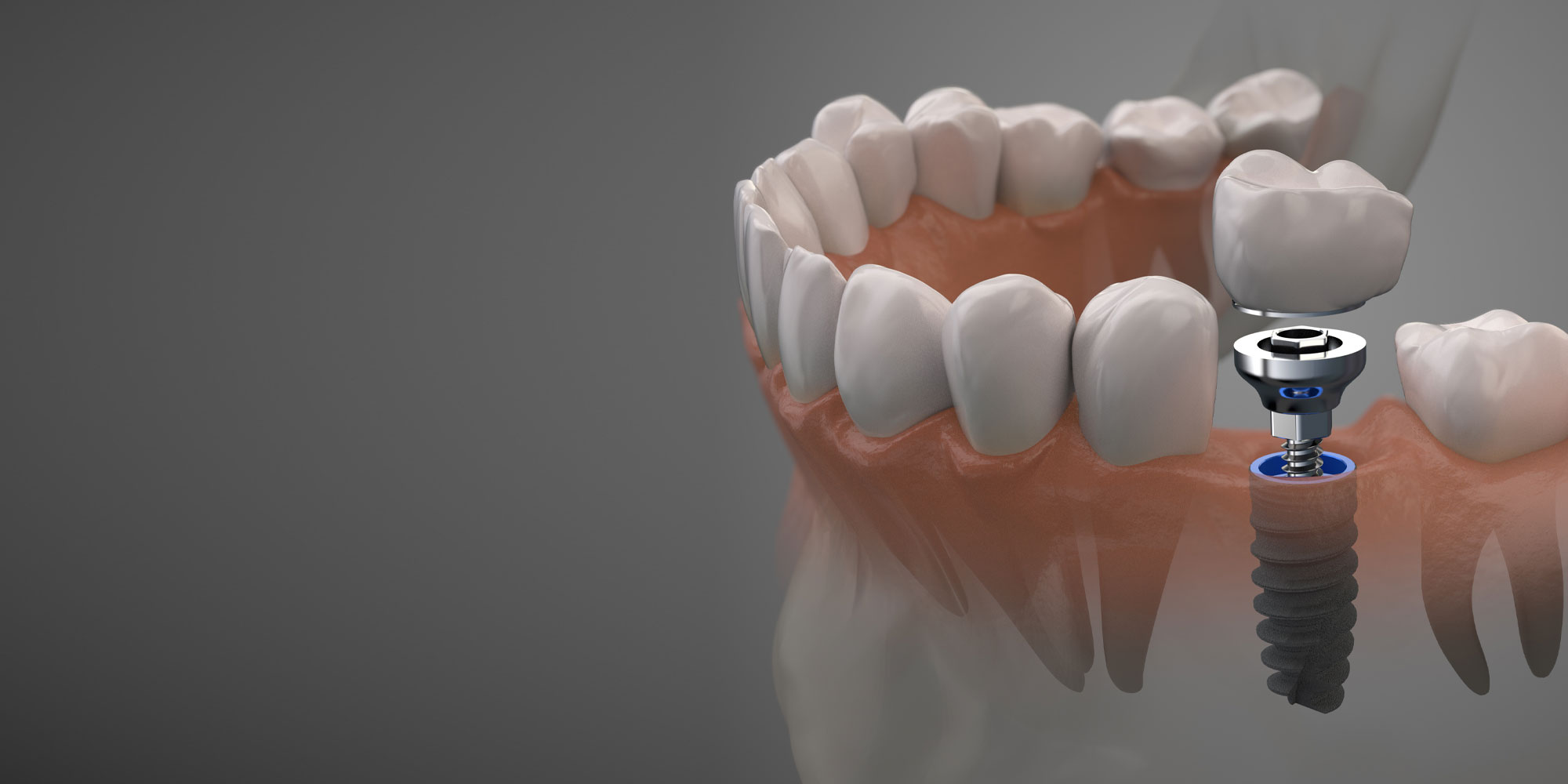

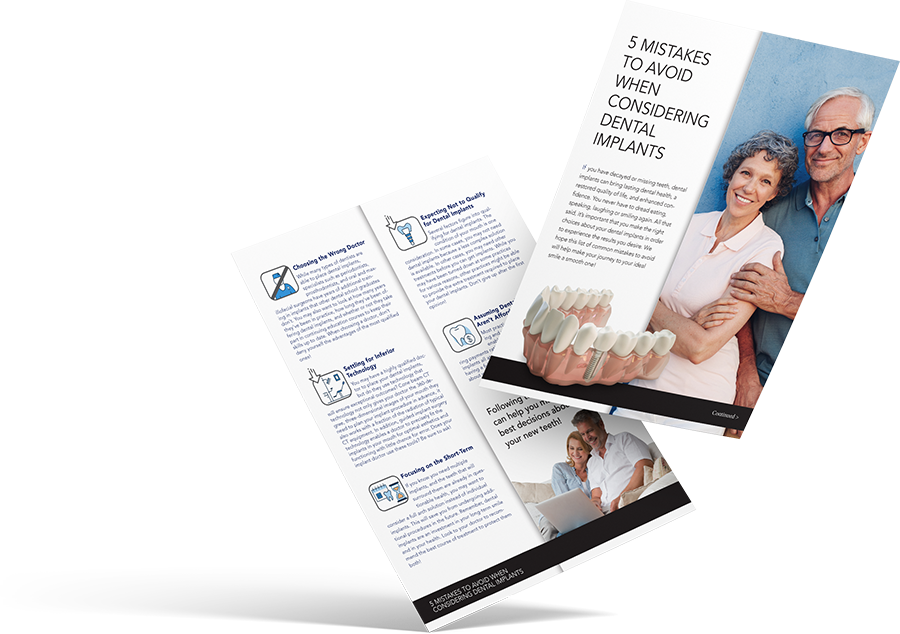

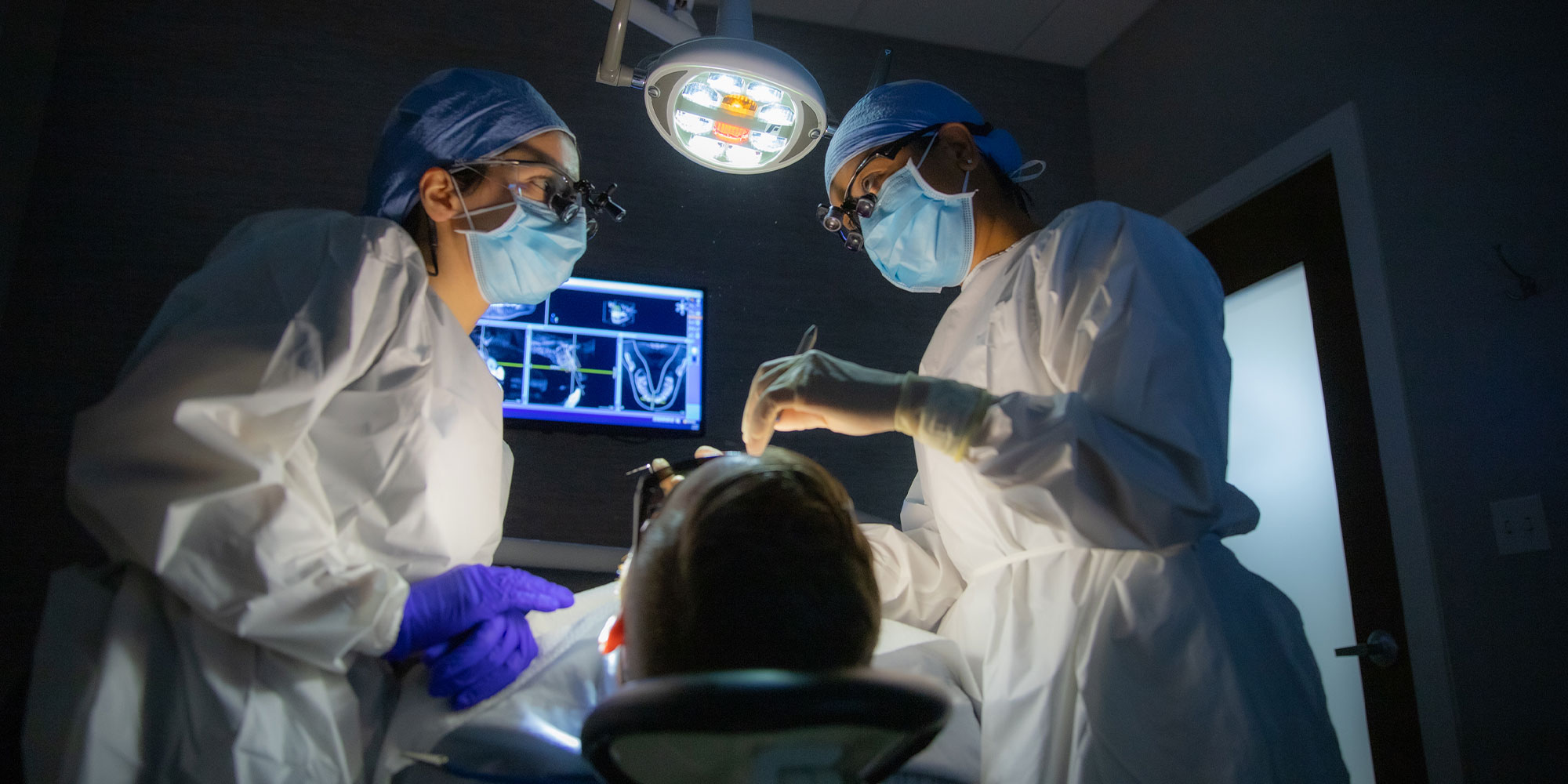
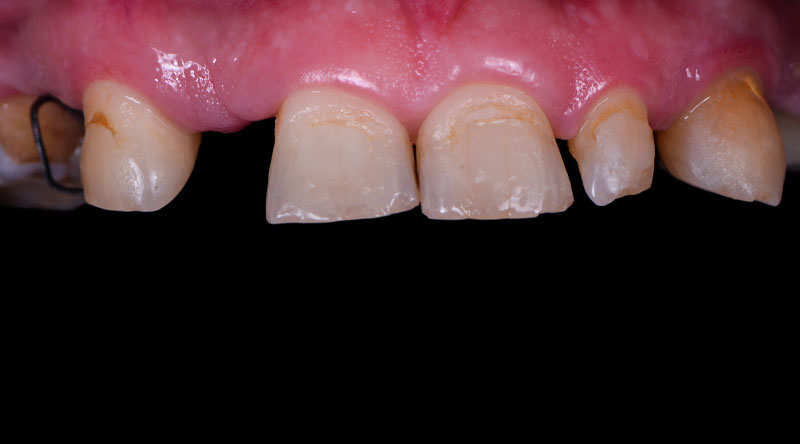
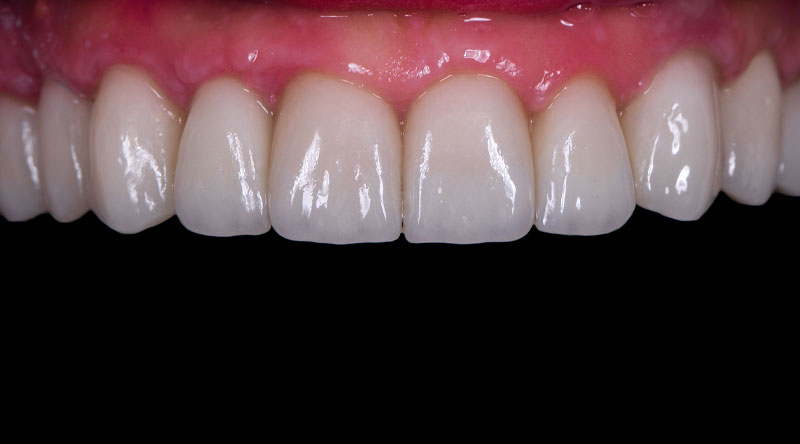
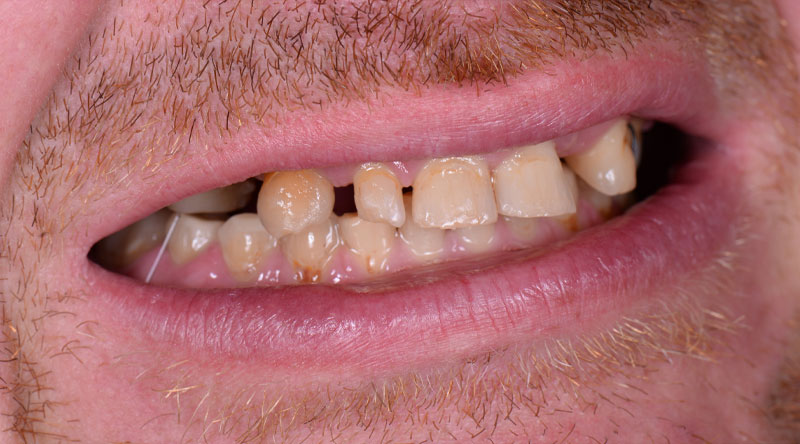
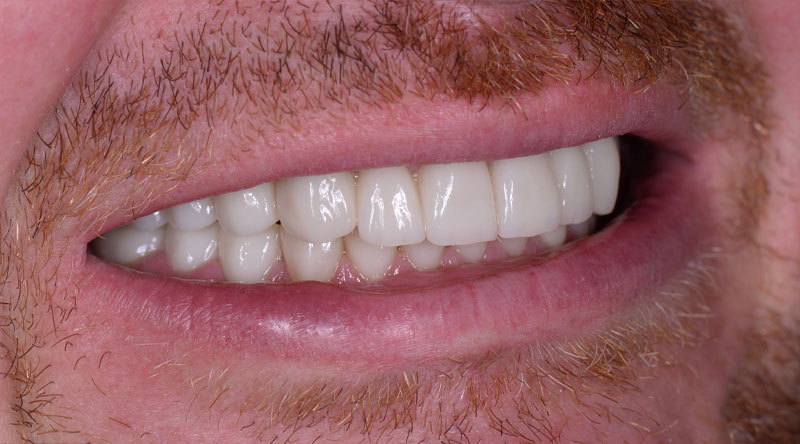


Along with lasting, life-changing advantages, dental implants have a higher initial cost than traditional alternatives. Bridges and crowns need to be replaced every five to 15 years on average, while dental implants are permanent, making them the most cost-effective, long-term option. The higher cost of dental implants is immediately offset by dramatic improvements to your self-esteem, oral health, and systemic health. At Millennium Periodontics, we believe everyone should have access to the transformative effects provided by dental implants. As such, we file insurance claims on your behalf and work diligently to maximize your benefits. We also offer in-house and third-party financing with a leading financing company to make receiving dental implants from experienced periodontists in Chicago, IL more affordable!
I understand the information disclosed in this form may be subject to re-disclosure and may no longer be protected by HIPAA privacy regulations and the HITECH Act.
